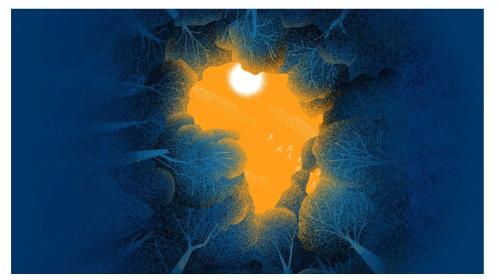Terrorist attack in Nairobi
On Tuesday, a deadly terrorist attack claimed by al-Shabab shook Nairobi, with official fatalities rising to 21 people by the end of the week, according to Reuters. The attack, which took place on a hotel and office complex, started when gunmen threw bombs at vehicles in the parking lot and then entered the lobby of the building, where one detonated a suicide vest. The gunmen then made their way through the compound while opening fire.
While earlier government reports stated that the complex had been secured late in the evening on Tuesday, more heavy gunfire occurred on Wednesday morning as security forces continued combing through the building to rescue civilians who had barricaded themselves into rooms. Twenty hours after the attack began, Kenyan President Uhuru Kenyatta announced on Wednesday that the siege was over and “all the terrorists have been eliminated.”
Of the victims, 16 were Kenyan, one was British, one was American, and three were of African descent but have not yet had their nationality identified. The Red Cross office in Nairobi reported that at least 30 additional victims had been treated in medical facilities nearby.
Protests over fuel price increases and low living standards in Zimbabwe
Thousands of Zimbabweans protested this week, prompted by trade unions’ calls for a three-day national shutdown, in opposition to falling living standards and the government’s decision to more than double the price of fuel. This call for protests came shortly after the announcement of a strike by public school teachers and the end of a 40-day strike by doctors demanding pay in U.S. dollars and better working conditions.
At least three people were killed during the protests. Police and military used force to respond to protesters and detained at least 600 people, according to state broadcaster ZBC. The government ordered mobile phone companies to suspend all internet services in an effort to prevent further support and organization of protests.
The protests had mostly ended by Thursday, with businesses and banks reopening in the capital of Harare, but still pose a major challenge for President Emmerson Mnangagwa, who pledged to create jobs and attract foreign investment after his election in late 2017. Zimbabwe still faces shortages of foreign exchange, fuel, and medicine, as well as high inflation.



Commentary
Africa in the news: Terrorist attack in Nairobi and protests in Zimbabwe
January 19, 2019